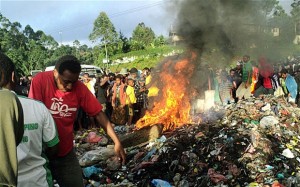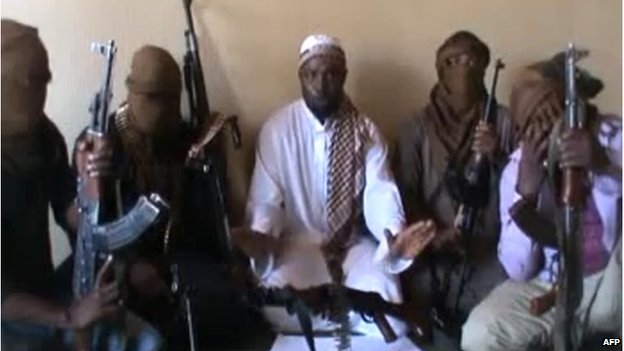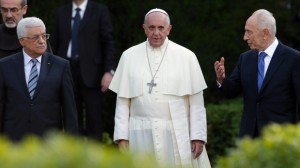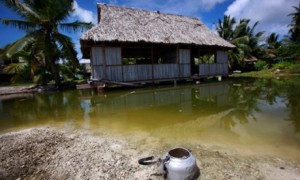By: Danielle L. Cowan (Gwozdz)
Senior Desk Operator, Africa
ABUJA, Nigeria – At least 21 people have been killed in a bomb blast in northern Nigeria as they were watching a World Cup match, a hospital source told BBC News.
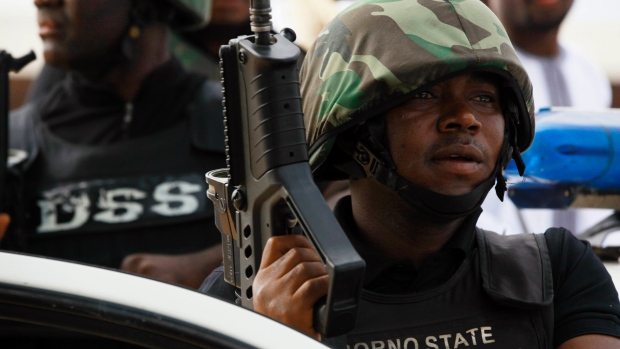
Witnesses in Yobe state say a suicide bomber in a tricycle taxi detonated explosives as people watched Brazil’s match against Mexico on TV.
At least 27 people are seriously injured.
There was no immediate claim of responsibility by Boko Haram, an armed Islamic group that wants to turn Nigeria into an Islamic state, was suspected.
Nathan Cheghan, a Police Assistant Superintendent, said that rescue workers had been careful about rushing to the scene for fear of secondary explosions. The Boko Haram group frequently detonates secondary explosions to kill those who help victims from the first bomb.
Young children were among the victims.
The Nigerian government has advised World Cup fans to avoid crowded public screenings of the tournament in Brazil, fearing possible attacks.
Boko Haram, which means “Western education is forbidden” in the Hausa language, has listed football, or soccer, as one of the sinful and corrupting signs of western influence they want to eradicate.
Nigeria’s military has promised increased security but appears incapable of halting a stream of attacks by extremists holding more than 250 schoolgirls hostage.
A hospital worker told the media that truckloads of injured people are being treated in overcrowded wards.
“The injured people are so numerous I cannot count them,” the worker said after the blast.
An emergency has been declared in three states, including Yobe, amid attakcs by suspected Boko Haram militants.
There have also been warnings of potential attacks at venues showing the World Cup in East Africa – Somali Islamist group al-Shabab killed 76 people watching the 2010 World Cup final at two restaurants in the Ugandan capital, Kampala.
The kidnapping of the girls two months ago and failure of Nigeria’s military and government to rescue them has roused international concern. The US is searching for the girls with drones and has sent experts along with Britain and France to help in counter-terrorism tactics and hostage negotiation.
Boko Haram’s leader Abubakar Shekau has threatened to sell the girls into slavery unless the government agrees to exchange them for detained extremists, but President Goodluck Jonathan has said he will not exchange prisoners.
Nigeria’s military has said it knows where the girls are but that any military campaign could get them killed.
For more information, please visit:
BBC News – Nigeria World Cup viewers hit by deadly bomb blast – 18 June 2014
CBC News – Nigeria suicide bombing of World Cup viewing site kills 14 – 18 June 2014
The Globe and Mail – Blast at Nigerian World Cup viewing site kills 14 – 18 June 2014
International Business Times – Nigeria: Boko Haram Kills Children in ‘Un-Islamic’ World Cup Bombing – 18 June 2014
The Independent – ’14 killed’ in Nigeria suicide bomb attack on World Cup viewing venue – 18 June 2014
Daily Monitor – Bomb attack kills Nigerian World Cup fans – 18 June 2014
